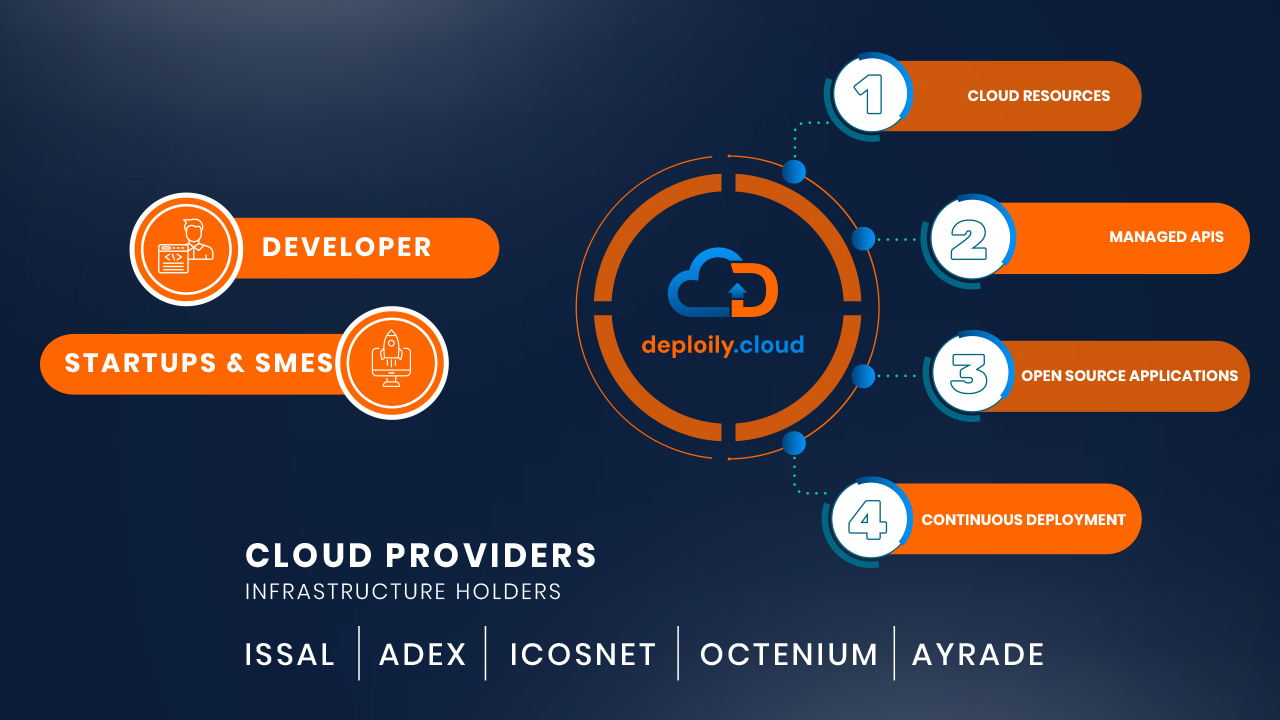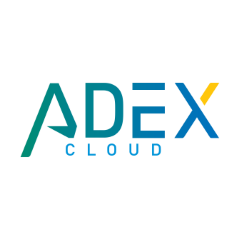
Create an account now and get 5.000 DZD credits 🏆
Applications
API Service
Cloud Resources
See Our Product in Action
Discover how our solution can help you streamline your process and increase productivity.Request DemoWhat is Deploily?
Deploily is a smart cloud proxy platform that acts as a bridge between developers and local cloud providers.
We make it incredibly easy for developers, startups, and digital teams to deploy their apps without worrying about infrastructure — while offering local cloud providers a new distribution channel and full visibility for their services.
With Deploily, users explore, compare, and deploy apps in Algerian data centers in just a few clicks — while providers reach more clients effortlessly.
Build fast. Host local. Stay sovereign.

Why choose deploily ?
Compliance with personal data protection regulations
No DevOps Required
Deploy in seconds—no DevOps skills needed. Just connect your repo and go live effortlessly.
Fast & Scalable
Get your app online quickly with minimal setup. Scale seamlessly as your business grows.
Built-In Security & Compliance
With enterprise-grade security measures, we ensure your data stays safe and prioritize privacy and confidentiality from day one.
Cost-Effective Solutions
Save on cloud costs with transparent pricing. Pay in local currencies—no hidden fees.
All-in-One Infrastructure
Databases, storage, and networking—all included. Scalable and customizable to fit your needs.
Seamless API Integration
Effortlessly connect authentication, real-time data, and backend services. No server management required.






